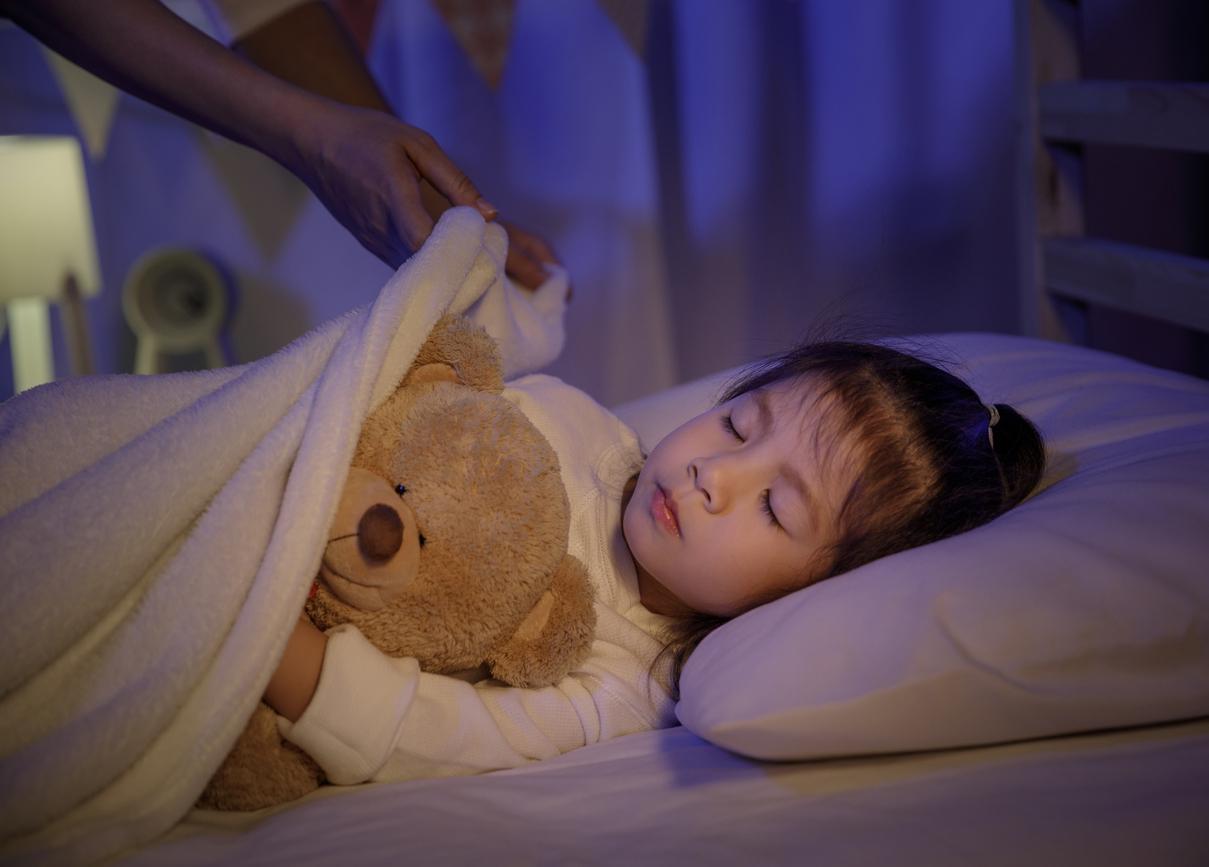Working at night increases the risk of sleep disorders, especially when it is regular. Young people are the most affected.

- Night work increases the risk of sleep disorders.
- Women, young people and the less educated are more exposed to this risk.
- Night work is also associated with a higher risk of developing cardiovascular diseases and cancers.
Quality sleep is necessary for good health. It contributes to our physical but also mental rest. But certain factors can degrade the quality of our nights, notably professional activity. According to a study published in Frontiers Psychiatrynight work increases the risk of sleep disorders.
What are the effects of night work cycles on sleep?
The authors are researchers from different Dutch universities. While numerous studies have shown the harmful effects of night work on sleep quality, they have sought to understand the links between different types of work cycles, sociodemographic factors and sleep disorders. To do this, the researchers recruited more than 37,000 participants: all answered questions in particular about their cycle work habits (morning, evening, regular night or shift change). “We have shown that compared to work in cycles carried out during the day, work carried out in other types of cycles is associated with a higher frequency of sleep disorders, particularly in regular and rotating night work.“, observes Dr. Marike Lancel, researcher at the GGZ Drenthe Institute of Mental Health in Assen and lead author of the study.
Half of night workers have at least one sleep disorder
Six common categories of sleep disorders were analyzed: insomnia, hypersomnia, parasomnia (abnormal behaviors that occur during sleep), sleep-related breathing disorders, sleep-related movement disorders, and wakefulness disorders. -circadian rhythm sleep. “Regular night work is the most debilitating sleep conditionconclude the authors. Half of night shift workers reported sleeping less than six hours in 24 hours, 51% reported one sleep disorder, and 26% reported two or more sleep disorders.”
Sleep disorders and work: young people are more at risk
Secondly, they assessed the impact of socio-demographic factors. Their analysis shows that sleep disorders were more common among women. “Age also influences sleep: older participants tended to sleep fewer hours, but most sleep disorders and their comorbidities were found to be more common among the youngest group of participants, aged 30 and less”, they note. The level of education also has an impact on the risk of sleep disorders. “The effects of night shift work on sleep are more marked among less educated young adults.underlines Marike Lancel.

Night work: what are the consequences on health?
According to a document of the Ministry of Health, the harmful effects of night work are particularly felt during the first days of changing shifts. “Daytime sleep is less restorative (generally a little shorter and with less deep sleep) than nighttime sleep because it is poorly adapted to our chronobiological rhythms., adds the document. The people concerned will accumulate sleep debts, that is to say a reduction of 1 to 2 hours per day in the quantity of sleep, which causes difficulty falling asleep. “Current knowledge shows that night work increases the risk of sleep disorders and psychological pathologies, metabolic disorders and cardiovascular diseases and promotes the appearance of certain cancers.“, adds INRS, the national institute for occupational health research and safety. According to direction of research animation, studies and statistics3.5 million people worked night shifts occasionally or regularly in France in 2012.















